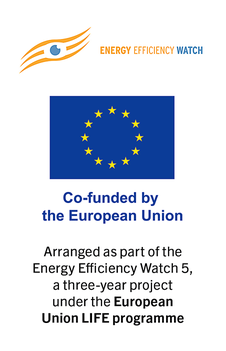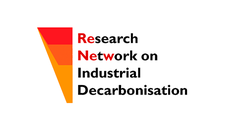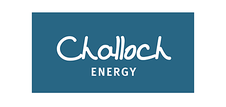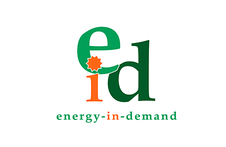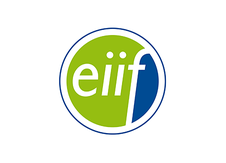Search eceee proceedings
Material and resource efficiency potentials in the aluminum industry – prospects for increased circular economy and decarbonisation
Panel: 2. Sustainable production towards a circular economy
Author:
Felipe Andrés Toro Ch., IREES, Institute for Resource Efficiency and Energy Strategies, Germany
Abstract
The Aluminium value chain is very complete including the primary sector where aluminum ingots are obtained from refined alumina from bauxite. Primary aluminum in the form of ingots has a high purity and amounts over 64 Million ton per year worldwide by 2018, out of which the EU-28 accounts for 3.4% of it. The value chain includes also the production of semi-finished (e.g. extrusions, sheets, plates, rolls, bars) and end products for final consumers such as automotive, aviation, electric cables and beverage cans. In Europe more than 600 plants in EU covering raw materials (e.g. bauxite & alumina), primary metal production, semi-fabrication (e.g. rolling & extrusion) and recycling. Smelters and rolling mills are multi-national companies while extrusion and recycling are usually SMEs. Further downstream plants include building systems houses, aluminium casting manufacturers and foil manufacturing plants.
The following abstract presents the results of an ongoing project for the German Environmental Agency on the development of a database with specific parameters and determination of CO2 cost components along the value chain for selected case studies, among them the Aluminum industry. The author has researched and developed the case study for Aluminum Industry and in this paper it will present the ongoing results on that project as well as extend the analysis towards the material and resource efficiency potentials in the Aluminum industry along the aluminum value chain and derive implications for this industry due to more ambitious recycling and circular economy from the new circular economy package from the EU and the interactions with an improved EU waste legislation.
Strategic circular economy priorities of the Industry include more efficient sorting and treatment technologies and re-melting processes increasing the added value of the recycling steps or measurable recycling targets for EU Member States with the aim to reduce scrap exports (leakage) among others.
Downloads
Download this presentation as pdf: 2-147-20_Toro_pre.pdf







